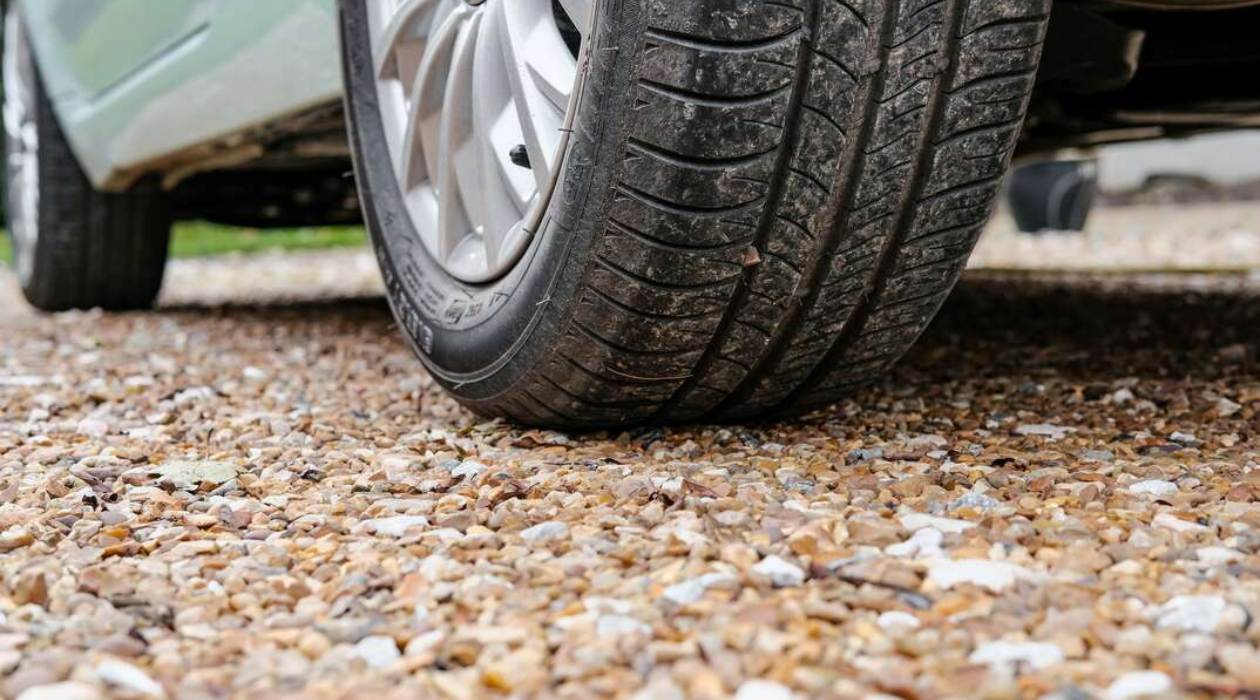

Articles
How Much Is A Load Of Gravel For A Driveway
Modified: February 23, 2024
Looking for articles on how much a load of gravel costs for your driveway? Find all the information you need and compare prices in this comprehensive guide.
(Many of the links in this article redirect to a specific reviewed product. Your purchase of these products through affiliate links helps to generate commission for Storables.com, at no extra cost. Learn more)
Introduction
Welcome to the world of gravel driveways! If you’re looking to enhance the curb appeal of your home and create a durable and low-maintenance driveway, then gravel might just be the perfect solution for you. Not only is gravel cost-effective, but it also comes in a range of shapes, sizes, and colors, allowing you to customize your driveway to suit your personal preferences.
But before you dive headfirst into the world of gravel driveways, it’s important to understand the factors that can affect the cost of gravel and how to calculate the amount you’ll need. By learning about these crucial details, you can make informed decisions, save money, and ensure a successful installation.
In this comprehensive guide, we will explore all the key aspects of gravel driveways, including the factors that affect the cost, the different types of gravel available, how to calculate the amount needed, and additional costs to consider. We will also provide some tips for saving money and discuss whether hiring professionals or taking the DIY approach is the right choice for you.
So, if you’re ready to embark on a journey to transform your driveway with gravel, let’s dive into the details and find out just how much a load of gravel for a driveway will cost!
Key Takeaways:
- Gravel driveways offer an affordable and customizable solution for enhancing curb appeal, with factors like type, amount, and quality of gravel impacting overall cost. Consulting local suppliers and considering additional expenses are crucial for informed decision-making.
- When considering a gravel driveway, factors such as type of gravel, site preparation, and maintenance costs should be taken into account. By exploring cost-saving tips and weighing the pros and cons of professional installation versus DIY, homeowners can make informed decisions for a durable and visually appealing driveway.
Read more: How Much Does It Cost For A Gravel Driveway
Factors Affecting the Cost of Gravel
The cost of gravel for a driveway can vary depending on several factors. Understanding these factors will help you estimate the overall cost and make informed decisions. Here are the key factors that can impact the cost of gravel:
- Type of Gravel: There are different types of gravel available, each with its own cost. Common options include crushed stone, pea gravel, and quarry process. The type of gravel you choose will affect the price per ton or cubic yard.
- Amount of Gravel: The size and length of your driveway will determine the amount of gravel needed. The more gravel required, the higher the cost.
- Quality of Gravel: Gravel quality can vary, with factors such as shape, size, and durability affecting the price. Higher-quality gravel may be more expensive but can offer better performance and longevity.
- Delivery Distance: If you’re purchasing gravel from a supplier, the distance between the supplier and your location can impact the cost. Longer distances may involve additional transportation fees.
- Supply and Demand: Like any other commodity, the price of gravel can fluctuate based on supply and demand. During peak construction seasons, prices may be higher due to increased demand.
- Location: The cost of gravel can vary depending on your geographical location. Factors such as local availability and competition among suppliers can influence the price.
- Accessibility: If your driveway is difficult to access or requires special equipment for delivery, it may affect the cost. Restricted or challenging access can result in additional fees.
It’s important to keep these factors in mind when estimating the cost of gravel for your driveway. Consulting with local suppliers and obtaining multiple quotes will give you a better idea of the specific costs in your area.
Types of Gravel for Driveways
When it comes to choosing the right gravel for your driveway, you have several options to consider. The type of gravel you choose will depend on your preferences, the desired aesthetic, and the intended use of the driveway. Here are some common types of gravel used for driveways:
- Crushed Stone: Crushed stone is one of the most popular choices for driveways. It is made from durable stones that have been crushed into various sizes. Crushed stone provides excellent stability and drainage, making it a practical choice for driveways in areas prone to heavy rainfall.
- Pea Gravel: Pea gravel is small, smooth stones that are typically round or oval in shape. It offers a more decorative look compared to crushed stone and is often used in landscaping projects. While pea gravel may not provide as much stability as crushed stone, it can still be a suitable option for driveways with lighter traffic.
- Quarry Process: Also known as QP or Dense Grade Aggregate, quarry process is a blend of crushed stone and stone dust. It is compacted to create a solid and durable surface. Quarry process is commonly used for driveways that require a strong base and good drainage.
- Gravel Mix: Gravel mix combines various types of gravel to create a versatile and textured look. This type of gravel typically includes a mix of crushed stone, pea gravel, and larger stones. Gravel mix can provide a unique and visually appealing driveway surface.
- Recycled Gravel: If you are looking for an eco-friendly option, recycled gravel can be a great choice. It is made from crushed concrete or asphalt and offers a more sustainable alternative to traditional gravel options. Recycled gravel is typically less expensive and can be just as durable.
These are just a few common types of gravel used for driveways. It’s important to consider factors such as the desired aesthetic, the level of traffic on your driveway, and the climate in your area when selecting the right gravel for your needs. Consulting with a local supplier can help you determine the best type of gravel for your specific requirements.
Calculating the Amount of Gravel Needed
Before purchasing gravel for your driveway, it’s essential to accurately calculate the amount you’ll need. By doing so, you can avoid running out of gravel or ordering more than necessary. Here’s a step-by-step guide on how to calculate the amount of gravel needed for your driveway:
- Measure the Dimensions: Start by measuring the length and width of your driveway in feet. Note down these measurements.
- Determine the Depth: Next, decide on the desired depth of gravel for your driveway. The depth can vary based on your specific requirements, but a common recommendation is around 4-6 inches. Convert the depth to a fraction of a foot if needed (e.g., 0.5 feet for 6 inches).
- Calculate the Volume: Use the following formula to calculate the volume of gravel needed: length (in feet) x width (in feet) x depth (in feet). For example, if your driveway is 50 feet long, 10 feet wide, and you want a 4-inch depth, the calculation would be: 50 x 10 x 0.33 (4 inches converted to feet) = 165 cubic feet.
- Convert to Cubic Yards: Most suppliers sell gravel by the cubic yard, so it’s helpful to convert the volume from cubic feet to cubic yards. Divide the cubic feet by 27 (since there are 27 cubic feet in a cubic yard). Using the previous example, 165 cubic feet divided by 27 equals approximately 6.11 cubic yards of gravel.
It’s important to note that this calculation provides an estimate and may vary depending on the shape of your driveway (if it’s not rectangular) and any additional areas that may require gravel. It’s always a good idea to round up your calculation to ensure you have enough gravel for the project.
Once you have determined the amount of gravel needed, you can contact a local supplier to obtain pricing and place your order. They can also help you further refine the quantity based on their expertise and your specific needs.
Average Cost of Gravel for a Driveway
The cost of gravel for a driveway can vary depending on several factors, such as the type of gravel, location, and quantity required. While it’s difficult to provide an exact cost without knowing specific details, we can provide you with a general idea of the average cost range.
On average, the cost of gravel for a driveway can range from $1 to $3 per square foot. However, keep in mind that this is just an estimate, and prices may vary in different regions. It’s always recommended to obtain quotes from local suppliers to get a more accurate cost for your specific project.
The size of your driveway and the desired thickness of the gravel layer will directly impact the total cost. Additionally, the type of gravel you choose can affect the price as well. For example, crushed stone is generally more expensive than pea gravel or recycled gravel. However, it also offers better durability and stability.
It’s important to consider your budget and the overall aesthetic you want to achieve when selecting the type of gravel. While cost is a crucial factor, it shouldn’t be the only consideration. You should also prioritize the quality, longevity, and suitability of the gravel for your specific driveway needs.
When evaluating quotes from suppliers, make sure to inquire about any additional fees, such as delivery charges or taxes, which may impact the overall cost. Some suppliers may offer discounts on large orders or have seasonal promotions, so it’s worth exploring different options to find the best deal.
Remember, it’s always a good idea to compare prices and quality among multiple suppliers to ensure you’re getting the best value for your money. Be wary of unusually low prices, as they might indicate subpar quality or hidden fees.
Keep in mind that gravel is a long-term investment for your driveway, so it’s worth considering the balance between cost and quality to ensure a durable and visually appealing result that will stand the test of time.
Read more: How Much Driveway Gravel Do I Need
Additional Costs to Consider
When budgeting for a gravel driveway, it’s important to take into account not only the cost of the gravel itself but also any additional expenses that may arise during the installation process. Here are some additional costs to consider:
- Grading and Site Preparation: Before laying down the gravel, you may need to prepare the site by grading the area to ensure proper drainage and a level surface. Hiring professionals for this task may incur additional costs.
- Edging and Borders: Installing edging or borders along the sides of your driveway can help contain the gravel and provide a finished look. Depending on the material and design, this can add to the overall cost.
- Weed Prevention: To prevent weeds from growing through the gravel, you may need to consider weed control measures such as landscape fabric or chemical treatments. These additional costs should be factored in when budgeting for your gravel driveway.
- Drainage Solutions: If your property has poor drainage, you may need to invest in additional drainage solutions such as French drains or gravel trenches. These measures can improve the longevity and performance of your gravel driveway but may increase the overall cost.
- Maintenance: While gravel driveways are generally low-maintenance, periodic maintenance may be required. This can include adding a fresh layer of gravel, regrading the surface, or repairing any erosion or potholes. These maintenance costs should be considered for the long-term upkeep of your driveway.
- Equipment Rental: If you decide to tackle the installation yourself, you may need to rent equipment such as a skid loader, compactor, or wheelbarrow. Be sure to factor in the cost of equipment rental when calculating the total expenses.
- Permits and Regulations: Depending on your local regulations, obtaining permits for driveway installation may be necessary. Check with your local authorities to determine if any permits are required and include the associated costs in your budget.
Considering these additional costs will give you a more realistic estimation of the total expenses involved in installing a gravel driveway. It’s important to budget accordingly to ensure a successful and hassle-free project.
When calculating the cost of gravel for a driveway, consider the size of the area to be covered, the depth of the gravel, and the type of gravel you want to use. It’s also important to factor in delivery costs and any additional materials needed for installation.
Tips for Saving Money on Gravel for a Driveway
If you’re looking to install a gravel driveway while staying within a budget, there are several strategies you can employ to save money. Here are some tips to help you save money on gravel costs:
- Shop Around: Don’t settle for the first supplier you come across. Take the time to shop around and compare prices from different suppliers. Ask for quotes and inquire about any discounts or promotions they may be offering.
- Buy in Bulk: Purchasing gravel in bulk quantities is often more cost-effective than buying smaller amounts. Consider pooling resources with neighbors or friends who may also need gravel for their driveways to make a joint purchase and share the cost.
- Consider Alternative Sources: Check with local quarries or recycling centers to see if they offer gravel at a lower cost. Recycled gravel can be a more affordable and environmentally-friendly option.
- Use a Gravel Calculator: Accurately calculating the amount of gravel needed using a gravel calculator can help prevent overbuying and wasting money. This ensures you only purchase the necessary amount, avoiding unnecessary expenses.
- DIY Installation: Installing the gravel driveway yourself can save you money on labor costs. However, be aware of the physical requirements and equipment needed for the job before taking on this task.
- Reuse Existing Gravel: If you already have a gravel driveway but it’s in need of repair or a fresh layer, consider reusing the existing gravel. Remove any debris or weeds, regrade the surface, and add a thin layer of new gravel as needed.
- Opt for a Thinner Layer: While it’s important to have an adequate thickness of gravel for stability, you may be able to save money by opting for a slightly thinner layer. Consult with professionals to determine the minimum depth required for your specific situation.
- DIY Site Preparation: If you have the necessary tools and skills, you can save money by preparing the site for the driveway installation yourself. This includes clearing the area of vegetation, leveling the ground, and ensuring proper drainage.
- Maintain Proper Maintenance: Regularly maintaining your gravel driveway can help prolong its lifespan and reduce the need for costly repairs. Keep the surface clean, fill in potholes promptly, and address drainage issues to avoid more significant problems down the line.
By implementing these money-saving tips, you can reduce the overall cost of installing a gravel driveway without compromising on quality or functionality. Remember to weigh the potential savings against any additional time, effort, or expertise required to ensure the best decision for your specific situation.
Hiring Professionals vs. DIY Installation
When it comes to installing a gravel driveway, one of the key decisions you need to make is whether to hire professionals or take the DIY approach. Both options have their pros and cons, and it’s important to carefully consider your circumstances and capabilities before making a choice. Here are some factors to consider when deciding between hiring professionals or DIY installation:
Hiring Professionals
Expertise and Experience: Professional gravel driveway installers have the knowledge, skills, and experience to ensure a high-quality and long-lasting result. They understand the nuances of site preparation, proper gravel compaction, and drainage considerations. Hiring professionals can save you time and effort and give you peace of mind knowing that the job will be done right.
Equipment and Tools: Installing a gravel driveway requires specific tools and equipment, such as compactors, skid loaders, and grading implements. Hiring professionals means you don’t have to worry about renting or purchasing these tools, as the contractors will have them readily available.
Efficiency and Time-Saving: Professionals can complete the installation process more efficiently and in a shorter amount of time compared to DIY. They have the necessary manpower and resources to handle the project promptly, which can be especially beneficial if you have a large or complex driveway.
Warranty and Guarantee: Reputable professionals often provide warranties or guarantees for their workmanship, giving you added protection and assurance. In case any issues arise after installation, they can address them according to the agreed-upon terms.
Read more: How To Maintain Gravel Driveway
DIY Installation
Cost Savings: One of the biggest advantages of the DIY approach is cost savings. By doing the installation yourself, you can avoid labor costs and potentially save money. However, keep in mind that there may still be expenses for renting equipment, site preparation, and purchasing the necessary gravel and materials.
Flexibility and Control: DIY installation allows you to have complete control over the process, from choosing the type of gravel to the layout and design of the driveway. You can customize every aspect to fit your preferences and budget.
Learning Opportunity: Installing a gravel driveway yourself can be a rewarding learning experience. You’ll gain hands-on knowledge of the process and develop new skills. However, it’s important to thoroughly research and educate yourself on proper installation techniques before taking on the task.
Suitability and Complexity: The decision to DIY depends on the size, complexity, and condition of your driveway. If you have a small, straightforward driveway and feel confident in your abilities, DIY installation may be a viable option. However, for larger or more challenging projects, it’s recommended to hire professionals to ensure a successful outcome.
Before making a decision, assess your own skills, availability of time and resources, and the level of complexity of the project. If you’re unsure, consulting with professionals for guidance and cost estimates can help inform your decision.
Remember, whether you choose to hire professionals or take the DIY route, proper planning, site preparation, and attention to detail are crucial for a durable and visually appealing gravel driveway.
Conclusion
Gravel driveways offer an affordable, versatile, and visually appealing solution for homeowners looking to enhance their curb appeal. Understanding the factors that affect the cost of gravel, the different types available, and how to calculate the amount needed are essential for a successful driveway installation.
By considering factors such as the type of gravel, delivery distance, location, and accessibility, you can estimate the average cost of gravel for your driveway. It’s important to obtain multiple quotes from local suppliers to ensure you are getting the best possible price.
Additional costs to consider include site preparation, edging, weed prevention, drainage solutions, maintenance, equipment rental, and permits. Taking these costs into account in your budget ensures you have a comprehensive understanding of the total expenses involved in installing a gravel driveway.
There are ways to save money on gravel costs, such as shopping around, buying in bulk, considering alternative sources, calculating the right amount needed, and exploring DIY installation. However, be mindful of your capabilities, the complexity of the project, and the potential risks involved in taking on the installation yourself.
Ultimately, whether you decide to hire professionals or opt for DIY installation, proper site preparation, attention to detail, and regular maintenance are key to a successful gravel driveway. Consult with experts, gather information, and make an informed decision based on your specific needs and circumstances.
With the knowledge gained from this guide, you are equipped to embark on your journey to transform your driveway with gravel. Whether you choose a simple crushed stone driveway or a decorative gravel mix, your new gravel driveway will not only enhance the appearance of your home but also provide a durable and low-maintenance surface for years to come.
Frequently Asked Questions about How Much Is A Load Of Gravel For A Driveway
Was this page helpful?
At Storables.com, we guarantee accurate and reliable information. Our content, validated by Expert Board Contributors, is crafted following stringent Editorial Policies. We're committed to providing you with well-researched, expert-backed insights for all your informational needs.
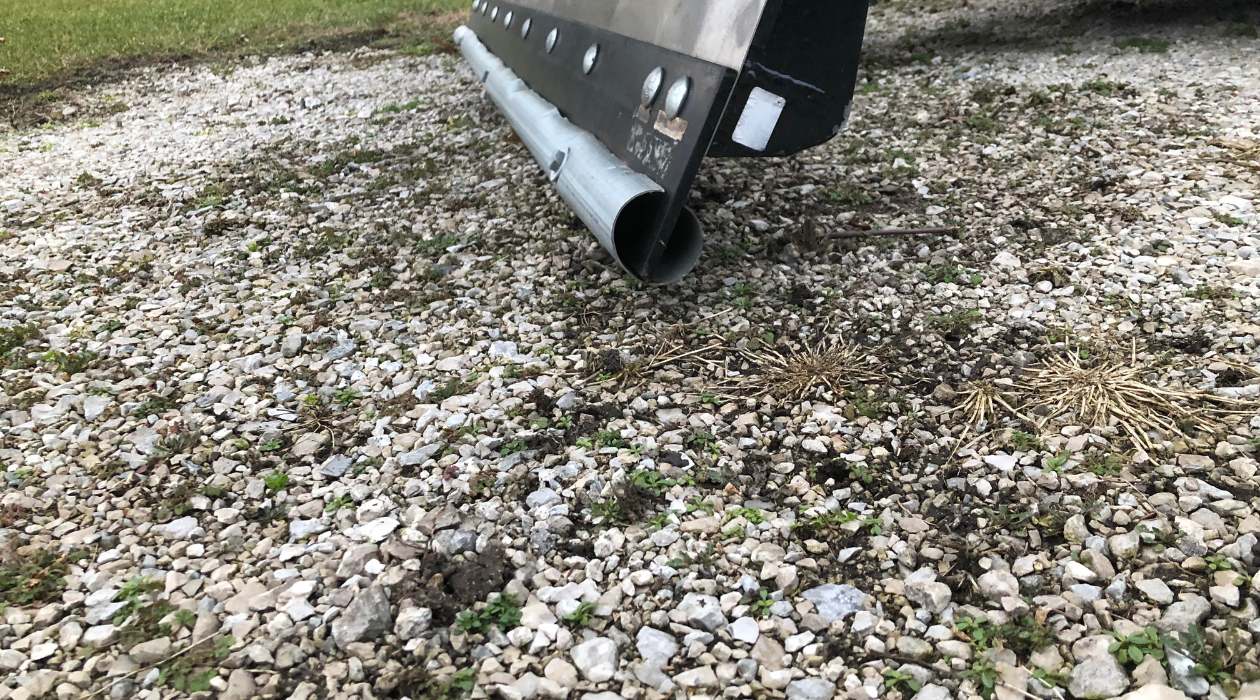
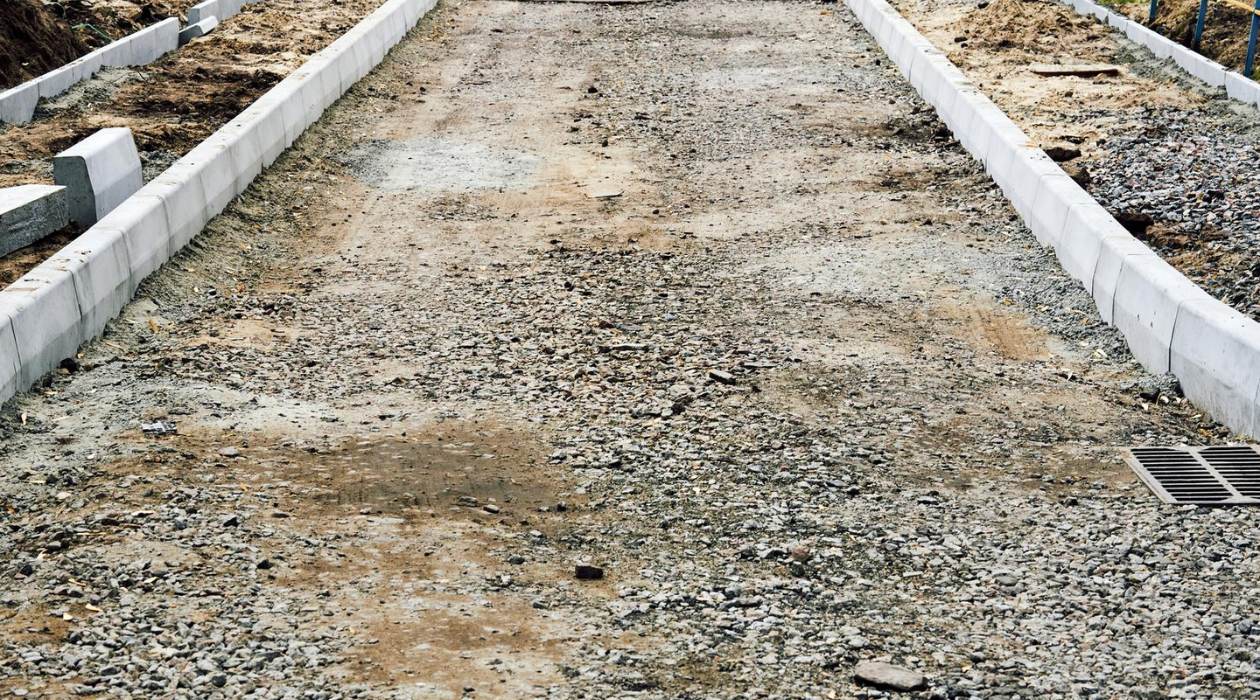
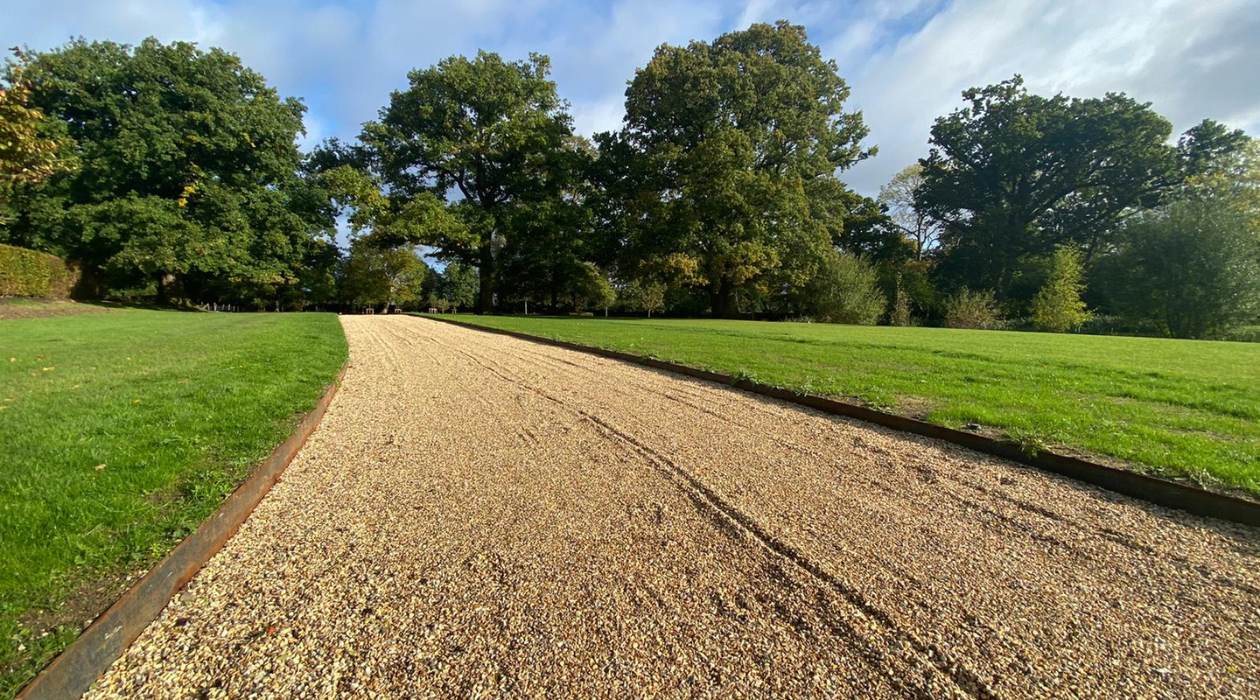
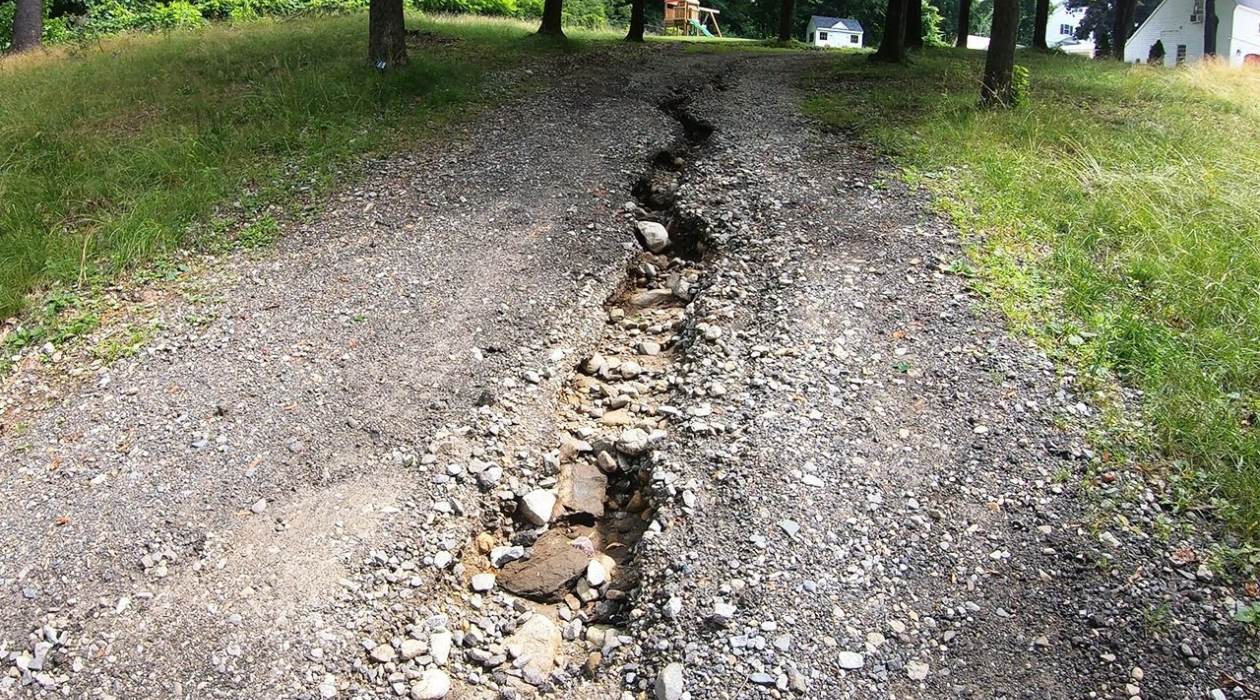
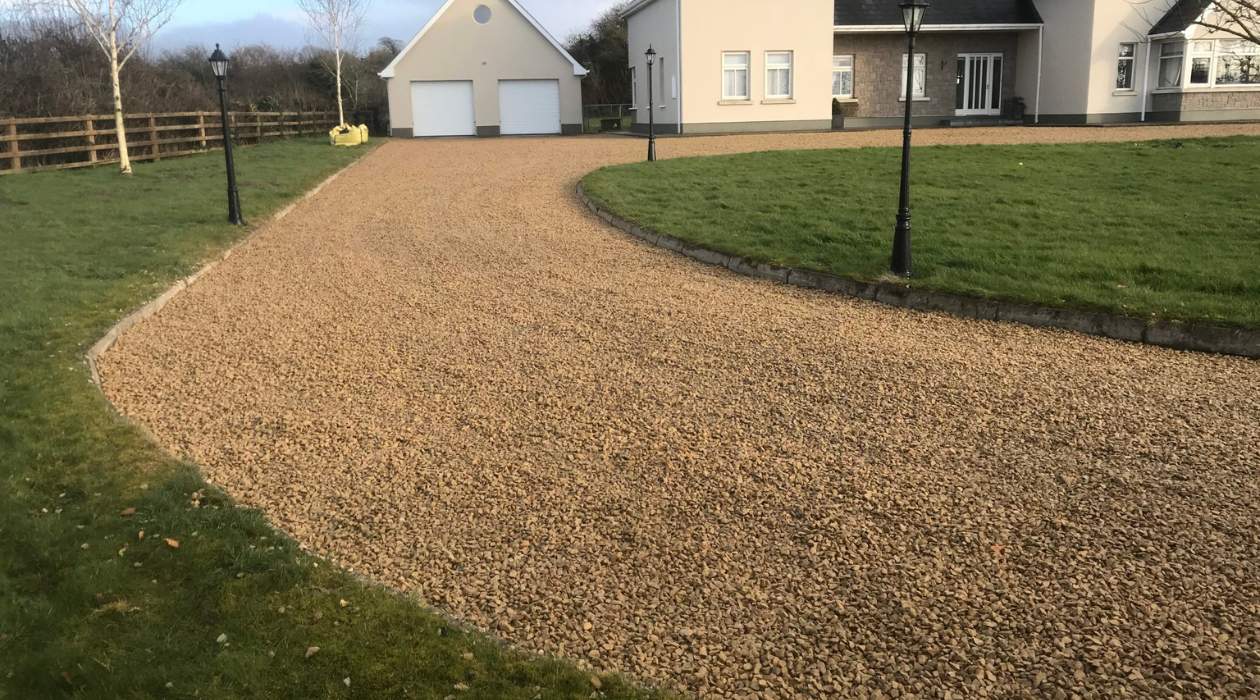
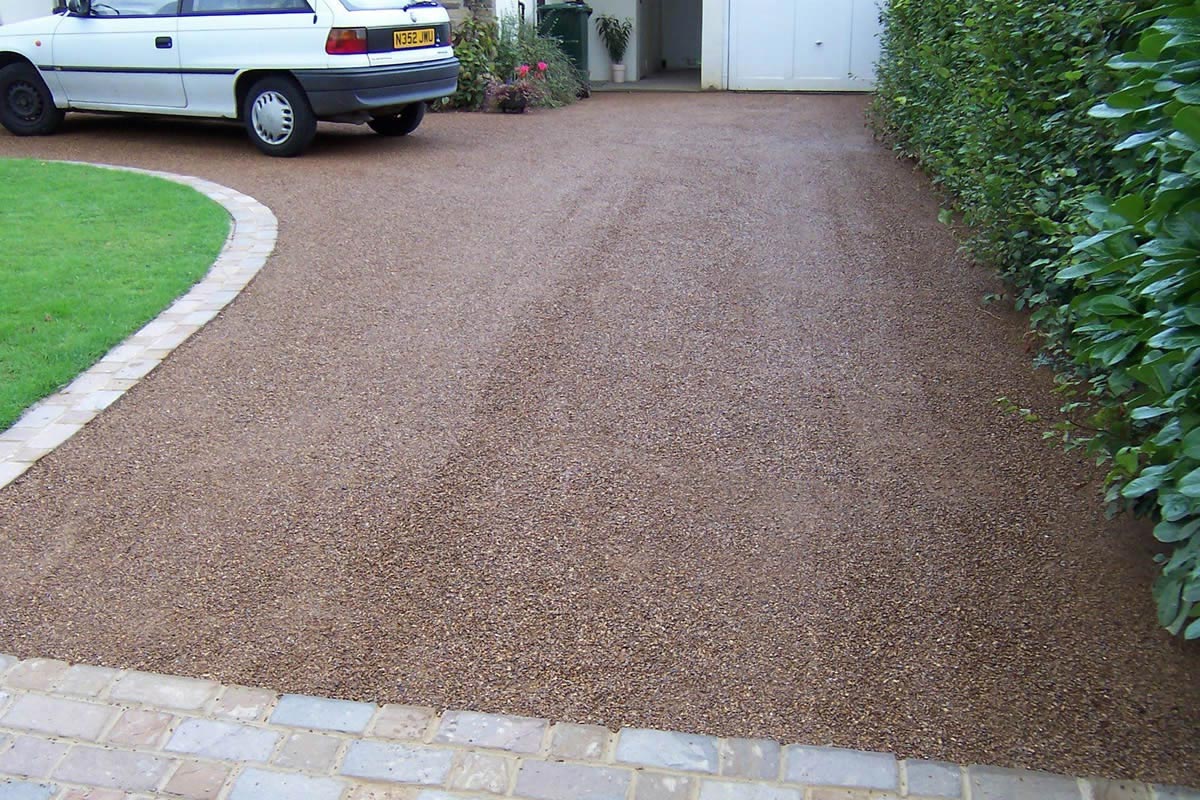

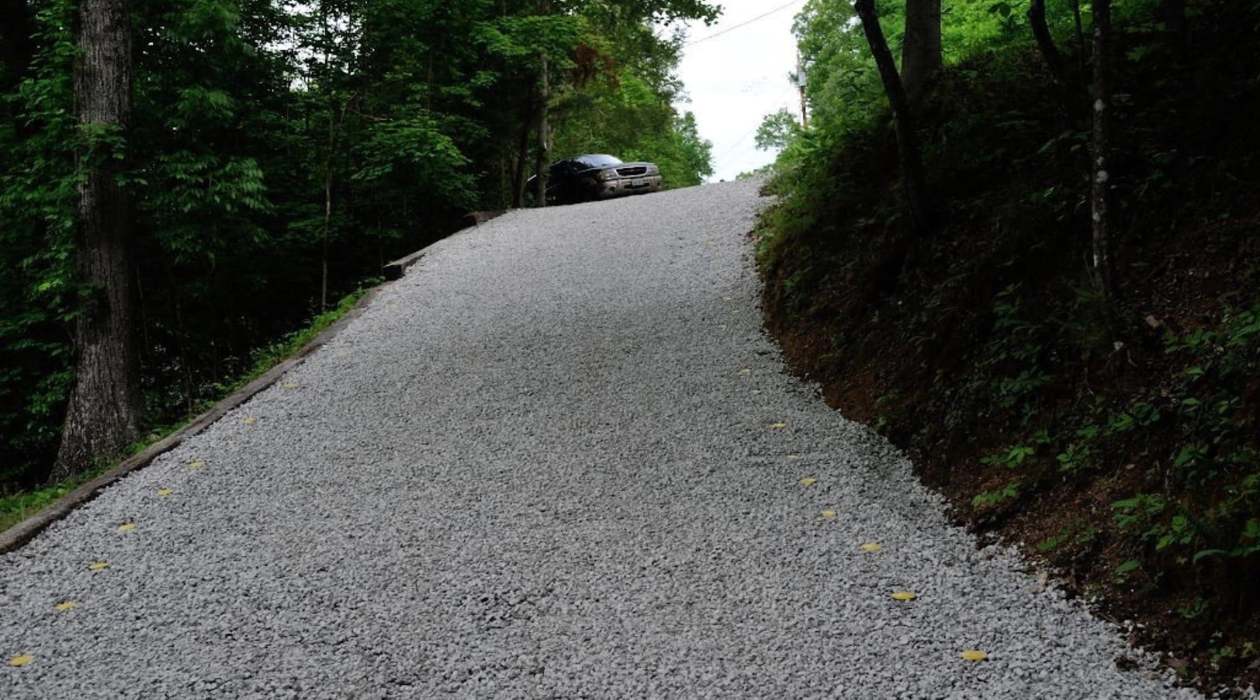
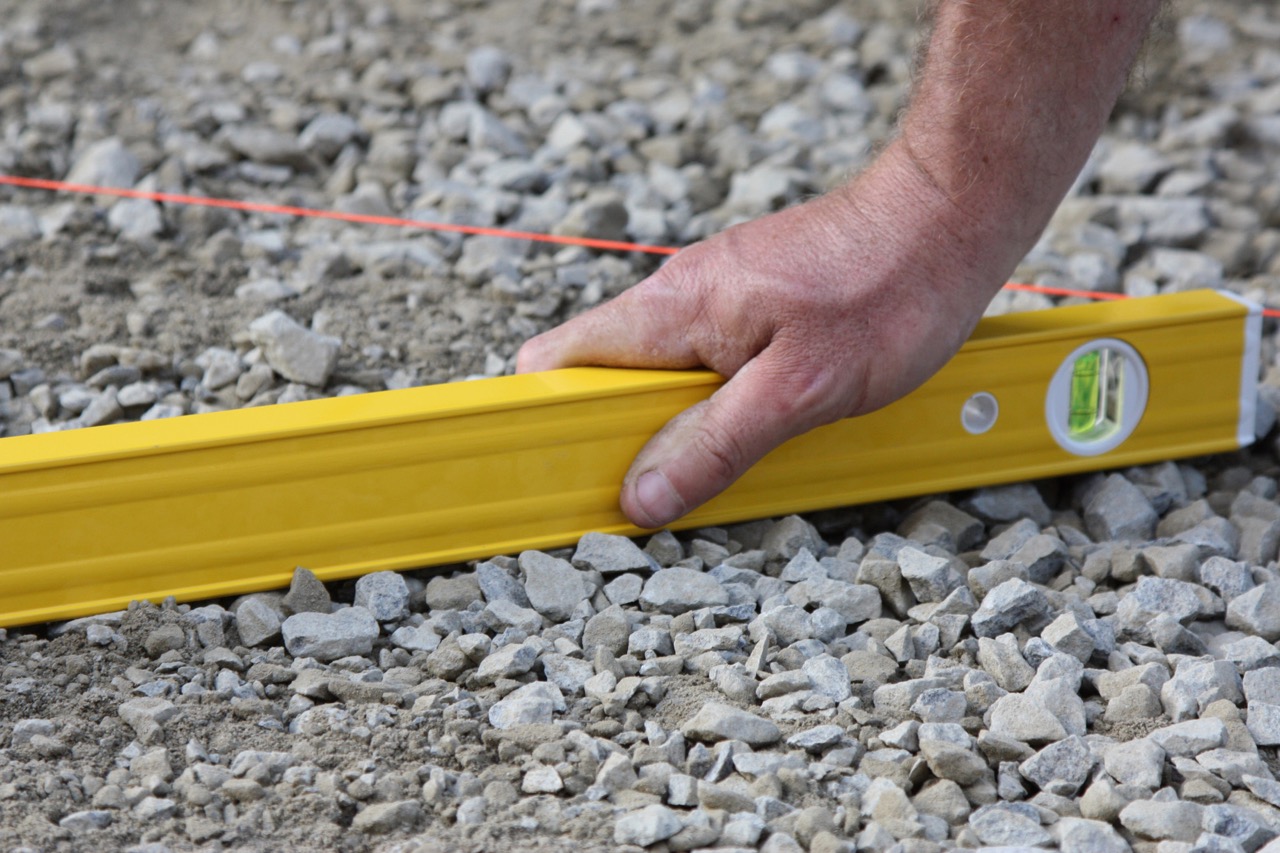
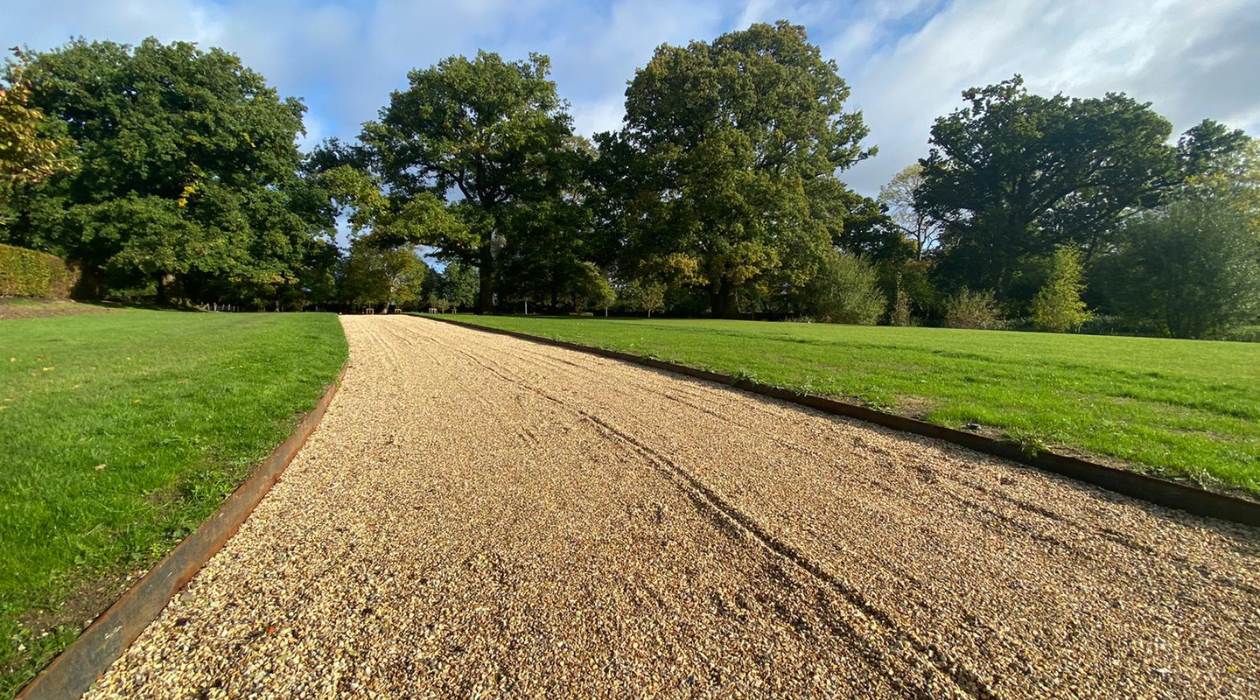
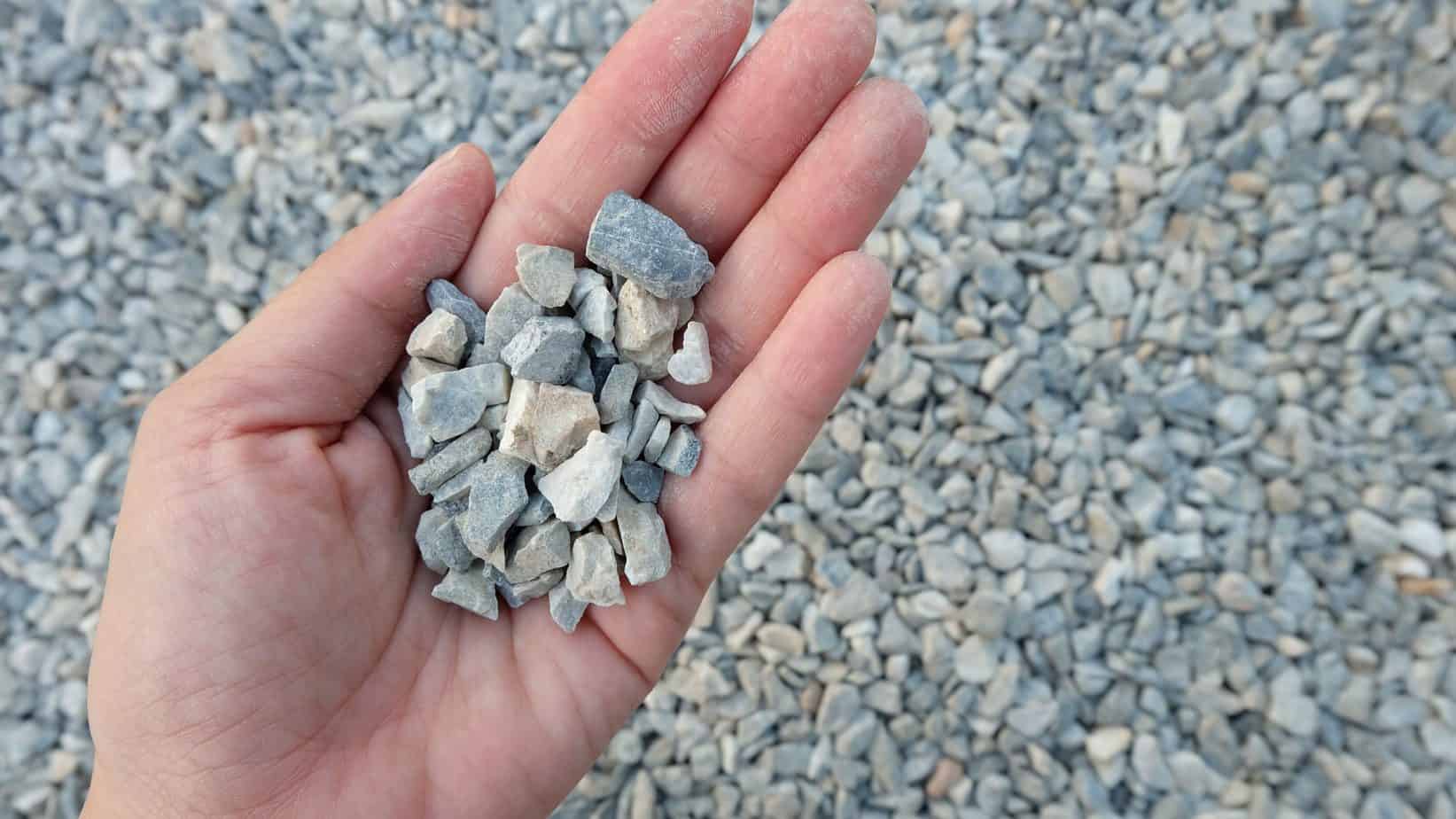
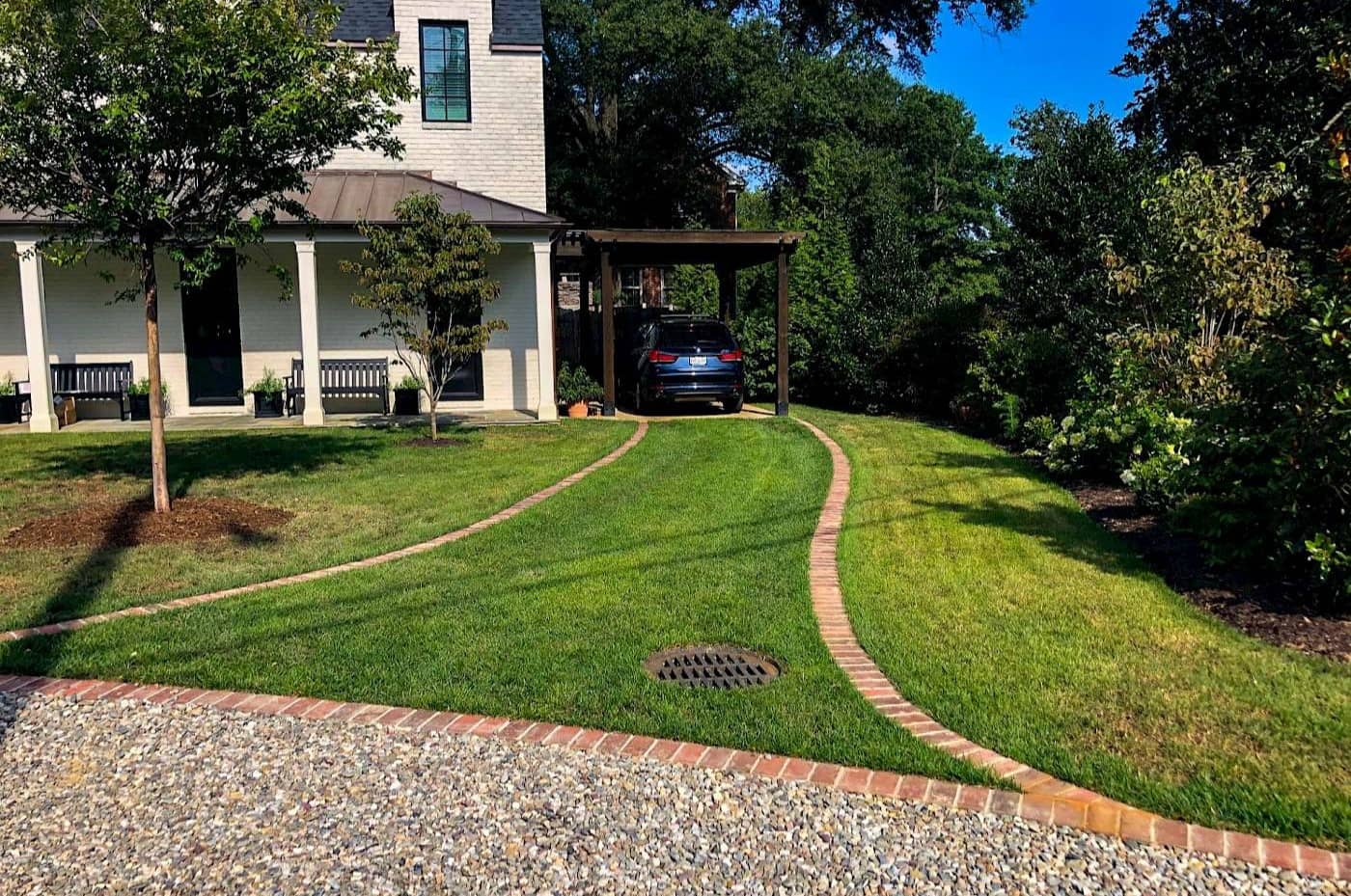
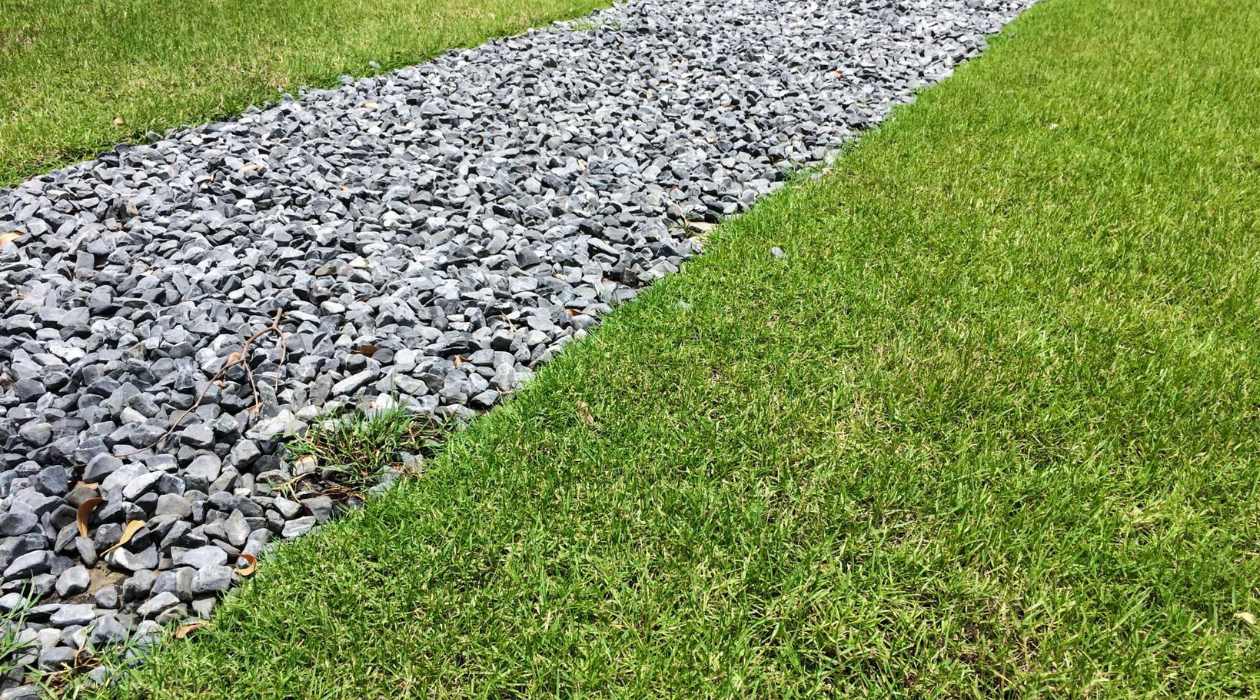

0 thoughts on “How Much Is A Load Of Gravel For A Driveway”